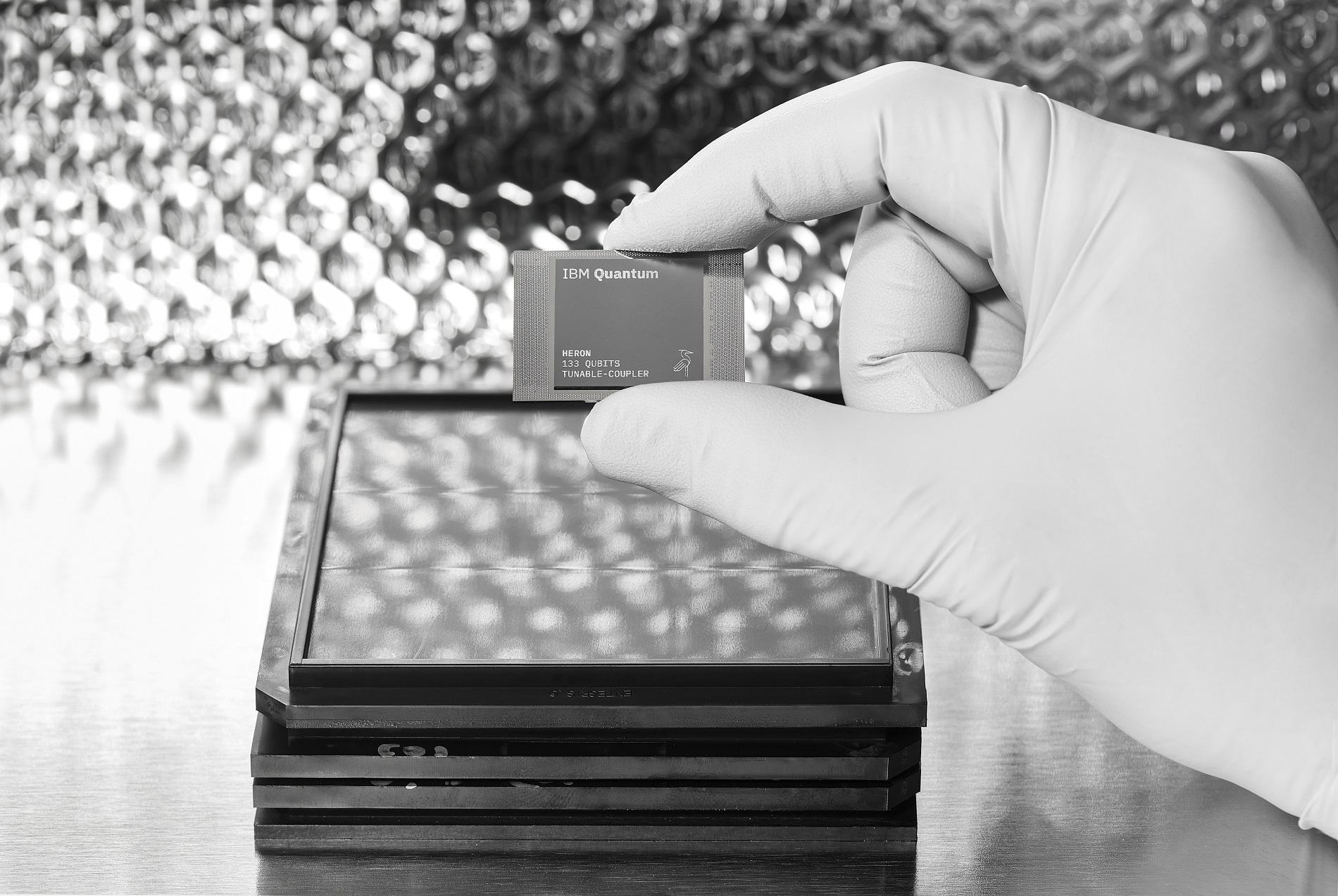- The engagement will provide RIKEN and its collaborators with on-premises access to an IBM Quantum System Two
- The only quantum system to be co-located with Fugaku, intended to accelerate application development for quantum-centric supercomputing.
ARMONK, N.Y. , April 30, 2024 - Today, IBM (NYSE: IBM) has announced an agreement with RIKEN, a Japanese national research laboratory, to deploy IBM’s next-generation quantum computer architecture and best-performing quantum processor at the RIKEN Center for Computational Science in Kobe, Japan. It will be the only instance of a quantum computer co-located with the supercomputer Fugaku.
This agreement was executed as part of RIKEN’s existing project, supported by funding from the New Energy and Industrial Technology Development Organization (NEDO), an organization under Japan’s Ministry of Economy, Trade and Industry (METI)’s “Development of Integrated Utilization Technology for Quantum and Supercomputers” as part of the “Project for Research and Development of Enhanced Infrastructures for Post 5G Information and Communications Systems.” RIKEN has dedicated use of an IBM Quantum System Two architecture for the purpose of implementation of its project. Under the project RIKEN and its co-PI SoftBank Corp., with its collaborators, University of Tokyo, and Osaka University, aim to demonstrate the advantages of such hybrid computational platforms for deployment as services in the future post-5G era, based on the vision of advancing science and business in Japan.
In addition to the project, IBM will work to develop the software stack dedicated to generating and executing integrated quantum-classical workflows in a heterogeneous quantum-HPC hybrid computing environment. These new capabilities will be geared towards delivering improvements in algorithm quality and execution times.
IBM Quantum System Two, which will be deployed at RIKEN and integrated with Fugaku, includes IBM’s plans to introduce its next-generation quantum computing architecture, combining expandable cryogenic infrastructure, modular quantum control electronics, and advanced system software to deliver quantum computing services that work alongside traditional HPC services — the core elements of IBM’s vision of quantum-centric supercomputing.
Quantum-centric supercomputing emerges from integrated quantum and classical computing resources, working together in parallelized workloads, to run computations beyond what was possible before. Quantum-centric supercomputing is IBM’s vision of the future for traditional HPC, where quantum computing will be an integral part of the architecture. And IBM Quantum System Two constitutes a fundamental building block towards this architecture.
The system will be powered by a 133-qubit ‘IBM Quantum Heron’ processor. IBM Heron is the first in a new series of quantum processors with an architecture that delivers the highest performance metrics of any IBM Quantum processor that has been released, to date. Now available to users via the cloud, experiments on IBM Heron also had the lowest error rates of any IBM Quantum processor, offering a five-fold improvement over the previous best records set by IBM Eagle.
“Advanced quantum computers of NISQ are now moving into the practical stage as the number of qubits is increasing and the fidelity is improved. From the HPC’s point of view, quantum computers are devices that accelerate scientific applications conventionally executed on supercomputers and enable computations that cannot yet be solved by supercomputers. RIKEN is committed to developing system software for quantum-HPC hybrid computing, by leveraging its comprehensive scientific research capabilities and experience in the development and operation of cutting-edge supercomputers, such as Fugaku,” said Dr. Mitsuhisa Sato, Director, Quantum HPC Collaborative Platform Division, RIKEN Center for Computational Science.
“As the first quantum system that will directly connect with the Fugaku classical supercomputer, IBM's agreement with RIKEN marks a monumental milestone in the journey towards a future defined by quantum-centric supercomputing,” said Jay Gambetta, IBM Fellow and Vice President, IBM Quantum. “This work will advance the industry towards a modular and flexible architecture that combines quantum computation and communication with classical computing resources, so that both paradigms can work together to solve increasingly complex problems.”





